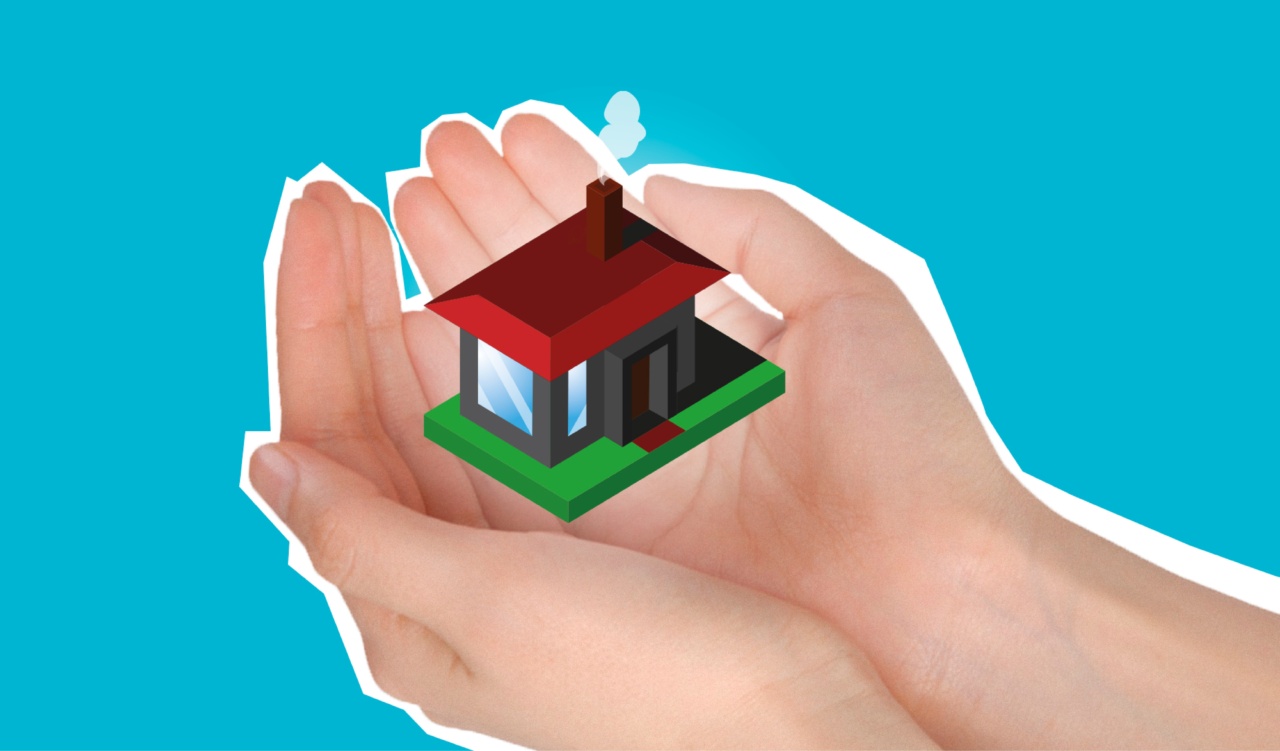As healthcare costs continue to rise, many people are choosing to receive treatment in the comfort of their own homes. In-home hospitalization and rehabilitation is a growing trend in healthcare, but it can be expensive.
Fortunately, some insurance policies offer coverage for these types of expenses.
What is home hospitalization?
Home hospitalization is a type of medical care where a patient is treated in their own home instead of being admitted to a hospital.
Home hospitalization is typically used for patients with chronic conditions such as heart disease, cancer, or chronic obstructive pulmonary disease (COPD). Patients can receive medical monitoring, medication management, and nursing care in their own homes. This type of care can be less stressful for patients and their families, and can also help to minimize the risk of hospital-acquired infections.
What is home rehabilitation?
Home rehabilitation is a type of medical care where patients receive physical therapy, occupational therapy, or speech therapy in their own homes. This type of care is typically used for patients recovering from surgery, injury, or illness.
Home rehabilitation can help patients regain their strength, mobility, and independence after a hospital stay. It can also be beneficial for patients who are unable to leave their homes due to mobility issues or transportation challenges.
What types of insurance policies cover home hospitalization and rehabilitation expenses?
Not all insurance policies cover home hospitalization and rehabilitation expenses, but some do. The following types of insurance policies may offer coverage:.
Medicare
Medicare may cover home hospitalization and rehabilitation expenses for eligible patients. Home health services are covered under Medicare Part A and Part B.
Part A covers home health services for patients who have been hospitalized for at least three days and have a skilled nursing need. Part B covers home health services for patients who do not meet the qualifications for Part A but still require home health services.
Medicaid
Medicaid is a joint federal-state program that provides healthcare coverage for eligible low-income individuals and families.
States have the option to cover home hospitalization and rehabilitation expenses under their Medicaid programs, but eligibility rules and coverage may vary by state.
Private health insurance
Private health insurance policies may offer coverage for home hospitalization and rehabilitation expenses, but this coverage may vary depending on the policy. It is important to review your insurance policy carefully to determine what is covered.
What services are typically covered?
The services covered under home hospitalization and rehabilitation will vary depending on the patient’s individual needs and the insurance policy. However, the following types of services may be covered:.
- Skilled nursing care
- Physical therapy
- Occupational therapy
- Speech therapy
- Medical monitoring
- Durable medical equipment
- Medication management
What are the benefits of home hospitalization and rehabilitation?
Home hospitalization and rehabilitation offer several benefits over traditional hospital care:.
- Patients can receive medical care in the comfort of their own homes
- Home hospitalization can help to minimize the risk of hospital-acquired infections
- Patients can receive personalized care that is tailored to their individual needs
- Patients can maintain their independence and quality of life
- Home rehabilitation can help patients recover faster by providing regular therapy sessions
- Patients can save money on healthcare costs by avoiding hospital stays
Conclusion
Home hospitalization and rehabilitation are becoming more popular as people look for ways to receive medical care in the comfort of their own homes. While not all insurance policies cover these types of expenses, some do.
If you or a loved one is in need of home hospitalization or rehabilitation, it is important to review your insurance policy carefully and talk to your healthcare provider about your options.





























